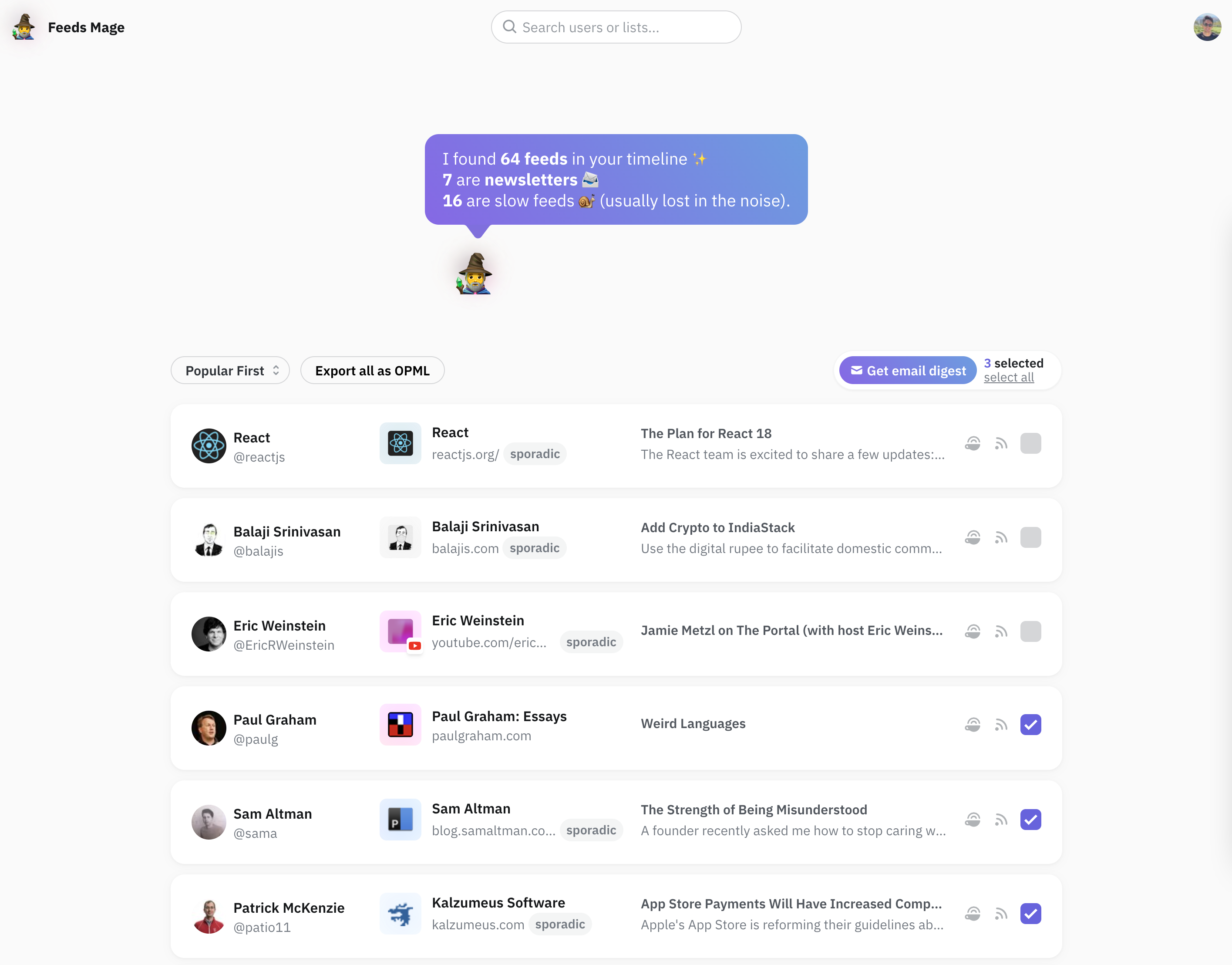People get nostalgic about blogs and the "old" Internet.
The demise of Google Reader was a big hit, cementing the move from RSS readers to Twitter as "The Feed". When Reader was shut down, many didn't bother to replace it and most blogs lost tons of readers.
Despite this, I would argue that today blogging is alive and well.
The new blogs
Blogs have morphed into new, better, forms that allow them to reach a wider audience.
Twitter threads are better blog posts. Discoverable, viral, readable, bite-sized, with each part becoming an independent atom that can be liked, commented and shared.
Substacks are blogs too. With built-in monetization, they offer writers a viable path to earning a living via their publication. You can even subscribe to them via RSS.
Some platforms like Mirror are even trying to make blogging censorship-resistant, user-owned, and natively monetizable by bringing it to the blockchain.
Honestly, I see a bright future for blogging!
What's missing then? And what's creating this sense of paradise lost?
Our humble attempt at fixing discovery
What's really missing from this picture is an easy way to discover blogs in your network and to follow them across platforms (even when those platforms don't adopt open standards like RSS).
With Feeds Mage, we are trying to improve discoverability by piggybacking on your Twitter graph and surfacing the blogs of the people you follow.
We find feeds by analyzing the bio of all your follows.
This results in a surprisingly big list of feeds (64 for my modest 200 follows).

The tool lets you filter feeds by posting frequency, and allows to select and export feeds to enjoy them at your own pace and follow them in a saner way.
We offer 2 export options:
- OPML for importing in standard RSS reader.
- Mailbrew Digest to get new posts from all subscriptions in an email digest.
Our (not so humble) attempt at fixing multi-platform feeds consumption
Mailbrew is the second piece of the puzzle, enabling you to follow "blogs" across platforms, even when RSS is not an option.
You can create an email digest with RSS feeds, Twitter accounts and even bundle email newsletters by subscribing with a special email address that we provide.
This is better than a classic RSS reader in multiple ways, chiefly in the fact that it does not become yet another inbox to manage, and that you can be done with it in just a few minutes per day.